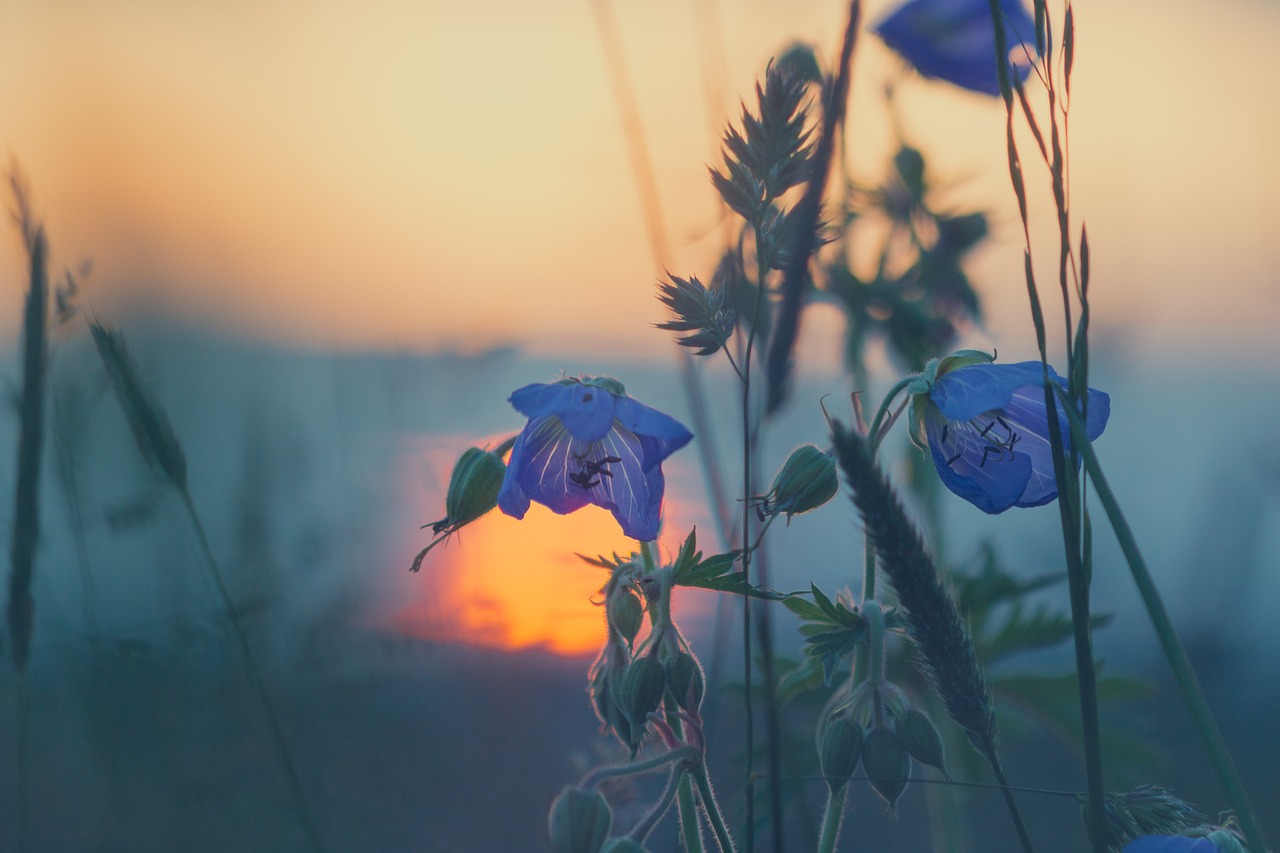The life and teaching of the Desert Fathers and Mothers, from which our tradition of meditation comes, was based on prayer, both communal and personal. During the day there were three set periods of prayer: third hour, sixth hour and ninth hour. (9.00 am, 12.00 pm and 3.00 pm respectively) and at night: “As for sleep at night, pray two hours beginning at evening, reckoning them from sunset on. And after you have praised God, sleep for six hours. Then arise for the night watch and spend the remaining four hours in prayer. In the summer do the same; with the hours curtailed and fewer psalms, though, because of the shortness of the nights.” (Abba Poimen)
Psalmody, the singing of the psalms, probably accompanied by music, took up most of the time. They knew them all by heart and recited most of them every 24 hours. No wonder we have the following saying: “Some elders came to see Abba Poemen to ask him, “If we see some brothers dozing in the congregation, do you want us to reprove them so that they stay awake?” he said to them, “For my part, when I see a brother dozing, I lay his head on my lap and let him rest. “Most of the time they prayed standing up, facing east on the whole. They often made prostrations, especially after the singing of the psalms: “Stand up and pray and make a metanoia (prostration), while saying: ‘Son of God, have mercy on me.” (Abba Nau)
The young Oblates in our Community in the Meditatio House in Kensington still follow the rhythm of the day as outlined above with some sensible adjustments. They meet at 7.00am for Morning Prayer and meditation, 12.00 noon for readings and meditation and at 6.00 pm for Evening prayer and meditation. They sit on their cushions rather than stand and they chant 7 psalms a day rather than all of them and can sleep through the night! Apart from this they too spend time in private prayer and study of the ‘Rule of St Benedict’. The Desert hermits earned their own living by weaving mats, ropes and baskets, by weaving flax and working in the fields as day labourers. The young Oblates also spend a large part of their day working to support the work of the Community.
The advice coming from John Main for all of us out in the world is to meditate every day twice a day: “Probably the optimum times for meditating are the early morning and early evening…if you can, choose the same time, and, if possible, the same place.” But John Main’s advice is always sensible and he adds: “But all of us have to do the best we can in the circumstances of our life.” Many people who integrate this routine of the twice daily meditation in their life find that they have more time and space in their day rather than less. There is a sense of order and completeness: “The morning time of meditation is to set the tone for your day, to set out onto your daily pilgrimage knowing who you are…and your evening meditation is to bring together all the various strands of the day’s activities, and unify them.”(John Main ‘The Hunger for depth and meaning’)
Image by Jonathan Sautter from Pixabay





